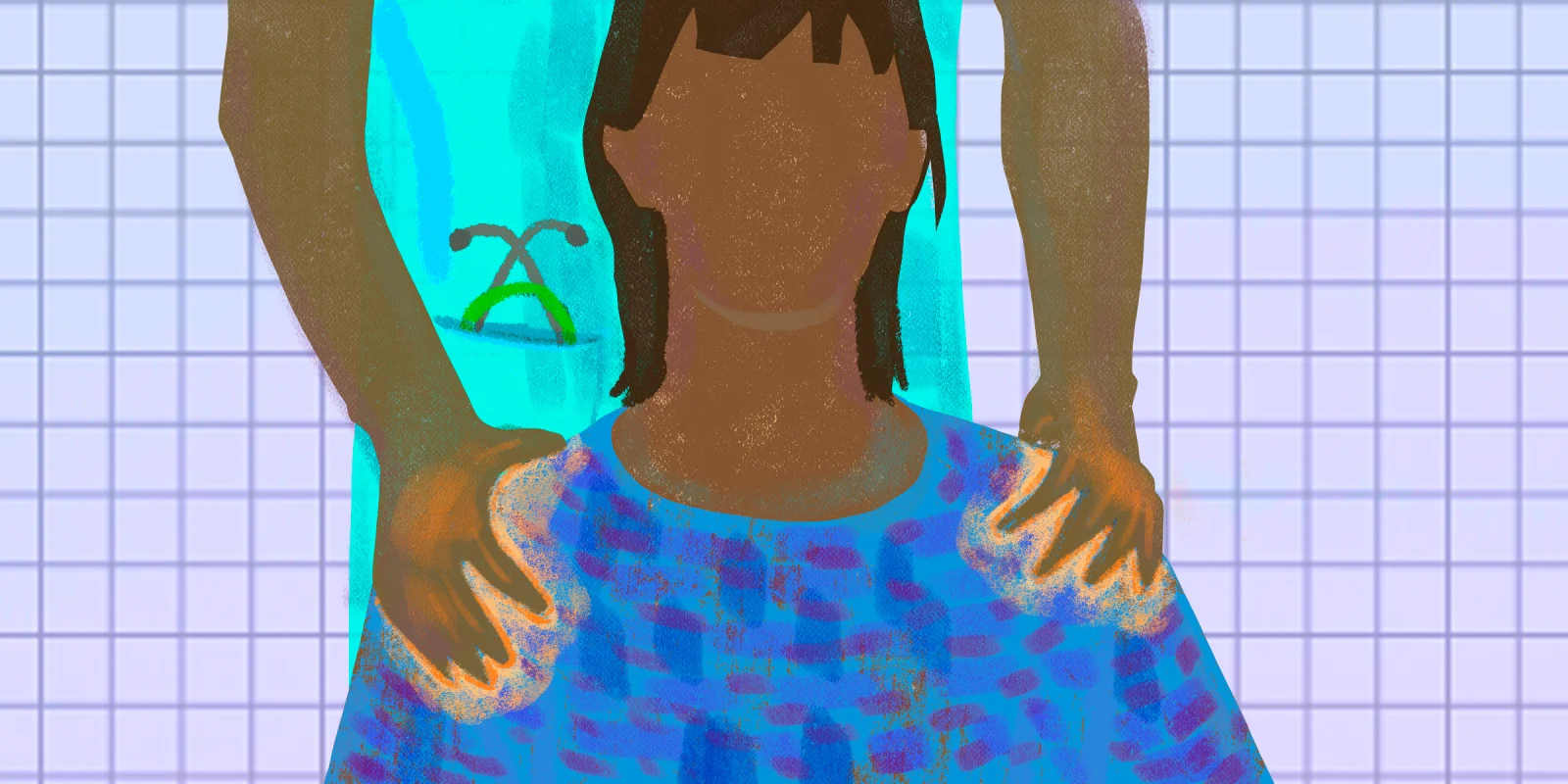Here’s something I really believe: most people are just trying their best to do their best. Most people aren’t trying to mess up their lives or anyone else’s life, they’re just doing their best to get along in life with the tools they have.
So, often my mission as a psychiatrist is to help someone add new and better tools to their toolbox.
One such mission started in a 60-something year-old veteran’s room at the VA. He had been admitted with life-threatening liver disease due to decades of alcohol use.
“I ruined my life, Doc,” he said. “My kids won’t talk to me and I never finished school. And now I’m dying.”
“When did you start drinking?” I asked.
“Over in Vietnam.” He pointed to his cap; he was proudly wearing his Vietnam service hat, although when he first came back from Vietnam, most people in the U.S. didn’t make him feel proud at all. “They told us to keep drinking, no talking about the shit we saw. Drink and move on.”
“Seems you were pretty young when they told you drinking was the best way to get through tough stuff,” I said.
He nodded. “Yup, that’s what they taught us.”
I thought for a minute. “Look, I don’t think you wanted to hurt your kids or not finish school. I think you just didn’t know other ways to get through life with all that tough stuff in your head.”
He looked pensive. “I never thought about it that way…”
“Maybe it did help you get through without thinking about some tough things,” I said. “But at this point it’s hurting your life more than helping, isn’t it? I don’t think most people are trying to mess up their lives. And it’s not like they helped you figure out other ways to get through life. But that’s what we are going to work on now, so you have other strategies besides alcohol.”
We talked about his guilt and self-loathing over alcohol ravaging his life. Turned out his superiors while deployed actually ordered him to drink rather than reflect on what he was experiencing, and didn’t offer other ways to deal with trauma. Rather than focus on his drinking and guilt, we focused on developing new ways to deal with life’s struggles.
People’s behavior serves a function. That’s a basic tenet of psychology, which recognizes four functions of behavior: sensory (actions that feel good), escape (avoiding danger or the undesirable), attention (getting help we need from others), and tangible (getting things we need). My vet’s behavior was a shining example of serving the function of escape in the absence of knowing other behaviors that would serve that function without wreaking havoc on his life.
In medicine, we often focus on a behavior instead of the function it serves. Patient not taking their medications? We focus on that, instead of its function, e.g., to save money for tangible needs instead, or escape from being reminded of a diagnosis on a daily basis. Reframing the behavior as a patient communicating a need enables us to acknowledge an unmet need, e.g., help paying for medications, which then leads to a solution instead of unproductive frustration or tension in the doctor-patient relationship.
Like many doctors, I’ve fallen into the trap of labeling a patient as “difficult” when their behavior was frustrating. But that’s unfair and unhelpful; the patient probably wasn’t behaving that way expressly to annoy me. It would be more constructive to figure out why they’re acting “difficult” and find other behaviors that could serve that function. This can be challenging, especially for patients who have experienced trauma, which leads to decreased capacity to plan, fore-shortened sense of future, and difficulty prioritizing in ways that maximize long-term wellness versus short-term survival. With 61% of adults having experienced at least one Adverse Childhood Event, there are a lot of people carrying around trauma who might try to meet their needs in ways that aren’t conducive to health and wellness.
Take for example my 16-year-old therapy patient with history of trauma. She cycled through self-harming, clinging to friends for reassurance, substance use, and disordered eating. Most of the adults in her life focused on these behaviors, which made her do them more. We focused instead on figuring out why she did those behaviors, and what other tools she could use to achieve the same ends.
“Why do we do the things we do?” I would ask her.
“To get the things we need,” she would say, slightly rolling her eyes at this familiar refrain.
We practiced sentences she could say to herself, and new actions she could do.
Instead of panicking when she cried for no reason at night, she learned to shrug and tell herself, “That’s my fear of abandonment talking.”
Instead of cutting herself, she learned to say to herself with conviction, “This urge to cut means I need to know people love and care about me,” and she would go call a friend or work on crafts to give to loved ones.
We focused on replacing her guilt over her maladaptive behaviors with recognition that she was doing these things because she didn’t have other ways to get what she needed (Function? Attention, i.e., love, caring, acceptance, validation — which are evolutionarily conserved needs stemming from surviving only if others in the hunter-gatherer group cared enough about you to help protect and feed you). It is hard to stop using maladaptive tools without developing new ones, so she had to practice her new tools. We emphasized that she had been doing the best with the tools she had, not trying to mess up her life. Our “mission” to develop new tools, rather than focusing on problem behavior, led to successful treatment.
Put simply, I believe that everyone is just doing their best to do their best, and recognizing that without judgment, focusing on the function behind behavior instead of the behavior itself, and de-stigmatizing behavior by reframing it as a means to fill a need will lead to better outcomes — and happier patients and doctors.
How do you approach "difficult" or "noncompliant" patients? Share your strategies in the comments.
Dr. Carolyn Rosinsky is a child/adolescent psychiatry fellow at Children's National Medical Center/George Washington University and completed her general psychiatry residency at University of Maryland/Sheppard Pratt. She is also a professional cellist and maintains an active career performing and teaching. Dr. Rosinsky is a 2021–2022 Doximity Op-Med Fellow.
All names and identifying information have been modified to protect patient privacy.
Illustration by Jennifer Bogartz







